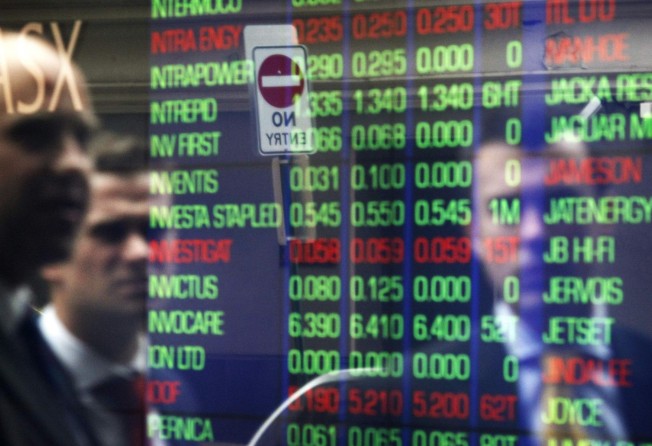
Australian CEOs given free rein because of lack of activism
Insider trading rules make it difficult for shareholders to shake up boardrooms, leading to bad management

Insider trading rules are stymieing shareholder activism in Australia, fostering a culture of bad management in listed companies and curbing growth, investor Mark Carnegie said.

"The sorts of unofficial communications that happen in the US and England are unable to happen in Australia," said Carnegie, 52, whose advisory firm Carnegie, Wylie & Co was sold to Lazard in 2007. "You need to be very, very sure of your ground in terms of the number of shareholders who will vote with you before you start your campaign, and that's what people have found hard."
In the US, investors such as Carl Icahn and Kirk Kerkorian have used minority shareholdings to push for changes at companies including Apple and General Motors. The dearth of such activism in Australia had led to a lack of board accountability, contributing to investment capital being misspent, Carnegie said, pointing to wasteful spending in the country's natural gas export projects.
Australian companies would be more likely to spend wisely with shareholder activists on their case, said the managing director of MH Carnegie.
Carnegie sought to change Qantas Airways' strategic direction in 2012 alongside former airline executives.
That year, he also teamed up with Australia's richest woman Gina Rinehart in an attempt to influence Fairfax Media, publisher of the Sydney Morning Herald newspaper.
Weak capital productivity pulled about A$43 billion from Australia's economic growth between 2005 and 2011, according to a 2012 report by McKinsey. That was masked by surging investment in the country's mining and energy sectors to meet China's demand for commodities, according to the report.
"Australia is basically two cities where everyone knows each other, and that doesn't create a culture of boat rocking," said Stephen Mayne, a spokesman for the Australian Shareholders Association, which represents small investors.
"The big four banks dominate funds management," Mayne said, referring to Sydney-based Commonwealth Bank of Australia and Westpac Banking and their Melbourne-based peers Australia & New Zealand Banking Group and National Australia Bank. "If they start trying to sack directors they'll very quickly lose any sort of corporate banking relationships they have with that company."
The annual return on equity of the S&P/ASX 200 index, Australia's main stock benchmark, has averaged 10 per cent over the past five years.
That falls short of returns of 14 per cent generated by the US S&P 500 index and 13 per cent by Britain's FTSE 100 over the same period.
Carnegie, who lost out to London Mayor Boris Johnson for the Oxford Union presidency but became treasurer in 1986, said fund managers have "shown a history of talking big in quietened rooms and then acting cowardly when it's been time to vote".
It would take a "glaring case of corporate malfeasance" for a successful challenge, he said. That would encourage more investor activism as "it will be a different world in terms of your return profile".